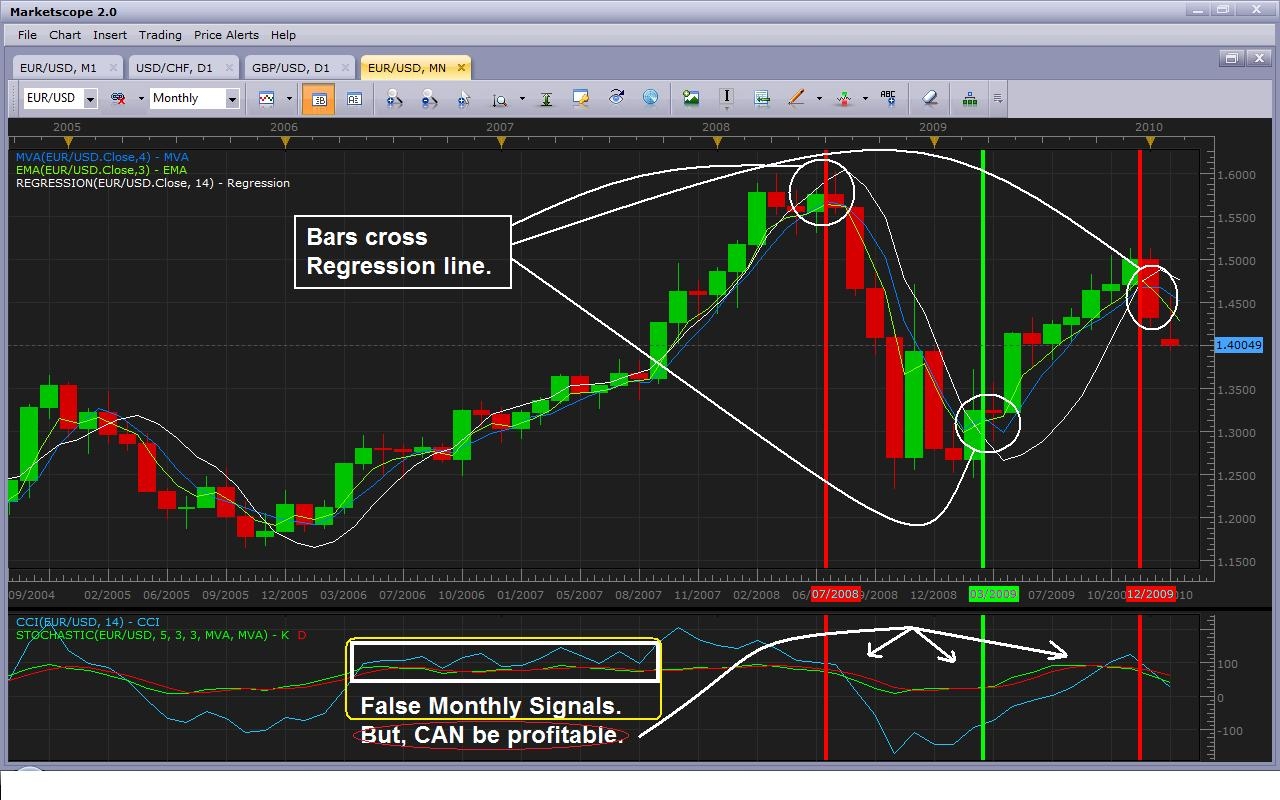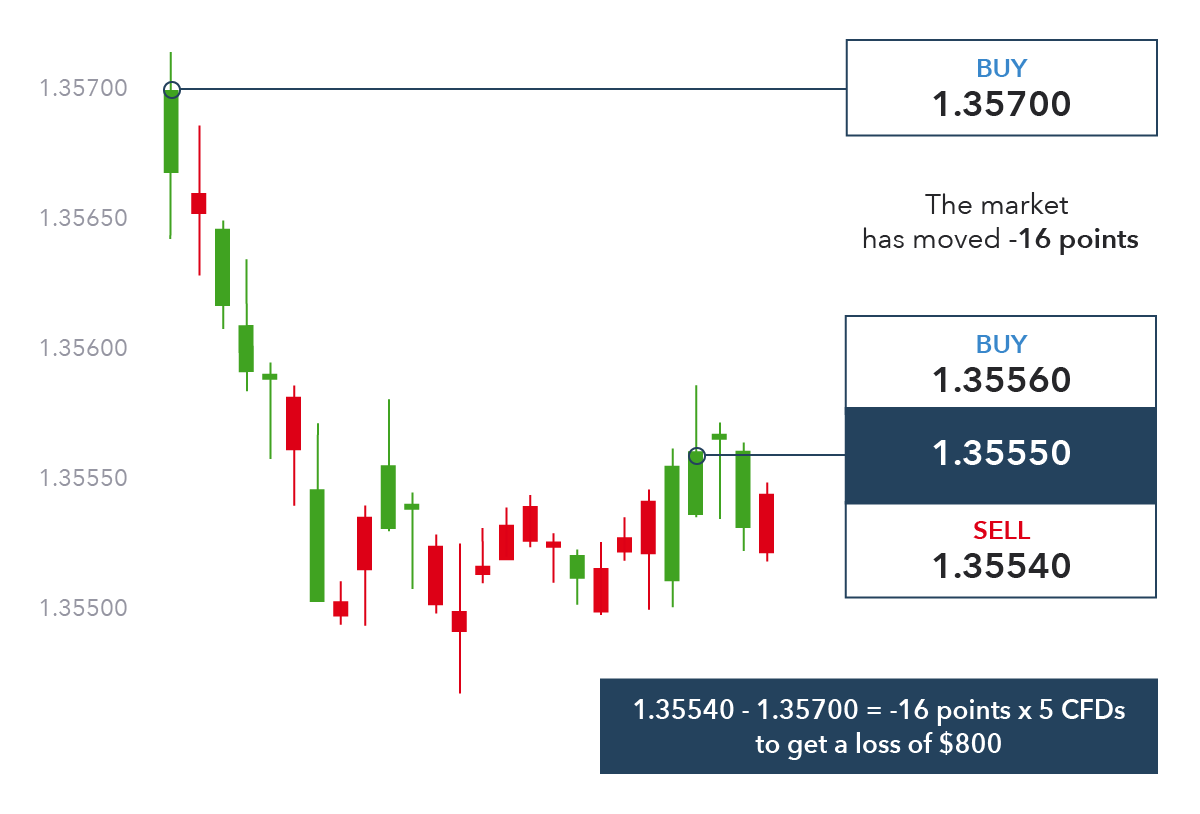Introduction
In the ever-expanding global financial landscape, the foreign exchange (forex) market stands as a colossal arena, facilitating the exchange of currencies between nations. Understanding how forex transactions are executed is not only essential for traders but also for anyone seeking an in-depth understanding of modern finance. This article embarks on a comprehensive journey to unravel the intricate processes involved in forex execution, empowering you with knowledge and clarity in the realm of currency trading.

Image: forex-strategies-revealed.com
Delving into the Mechanisms of Forex Execution
Forex transactions are executed through a complex network of financial institutions, including banks, brokers, and liquidity providers. The process typically involves the following steps:
-
Order Placement: A trader initiates the transaction by placing an order to buy or sell a currency pair (e.g., EUR/USD) at a specific exchange rate.
-
Matching: The order is then transmitted to brokers, who match it with complementary orders from other traders. This matching process ensures that every buy order finds a corresponding sell order and vice versa, facilitating the execution of the transaction.
-
Settlement: Once matched, the transaction is settled according to the agreed-upon terms. This involves the exchange of the currencies between the trading parties and the transfer of funds to their respective accounts.
Exploring the Role of Interbank Networks
Interbank networks play a vital role in facilitating forex transactions. These networks are comprised of major banks that connect with each other electronically, creating a global trading platform. Interbank liquidity, which refers to the availability of currency pairs at different exchange rates, is essential for efficient forex execution. Higher liquidity typically results in tighter spreads (the difference between the bid and ask prices) and faster execution times.
Understanding Different Execution Models
Forex brokers employ various execution models to cater to the diverse needs of traders:
-
Market Execution: In this model, trades are executed at the prevailing market price with no intervention from the broker. This ensures transparency and speed, making it suitable for experienced traders seeking instant execution.
-
Instant Execution: This model offers immediate trade execution at a predetermined price. While convenient, it may lead to slippage, a situation where the actual execution price differs from the requested price, due to rapid market movements.
-
Request for Quote (RFQ): This execution model allows traders to request a specific price quote from the broker before confirming the transaction. It provides greater control over execution but may result in slower trade execution.

Image: www.ig.com
Factors Influencing Forex Execution
Several factors can influence the execution speed, price, and overall efficiency of forex transactions:
-
Market Volatility: Highly volatile markets can lead to slippage and slower execution times.
-
Order Size: Larger orders may take longer to execute due to their potential impact on market prices.
-
Brokerage Execution Quality: The reputation, technology, and execution capabilities of the broker play a crucial role in determining the quality of execution.
-
Liquidity: Higher liquidity in a currency pair facilitates faster and more cost-effective execution.
How Is Forex Transaction Executed
Conclusion
Understanding how forex transactions are executed is paramount for anyone navigating the foreign exchange market. The processes involved, from order placement to settlement, reveal the intricate mechanisms that facilitate the global exchange of currencies. By grasping the complexities of interbank networks, execution models, and influential factors, you can become an informed participant in the forex market, empowering yourself with the knowledge to make sound trading decisions. It is important to remember that forex trading involves risk and thorough research and understanding of the market is essential before committing any capital.






